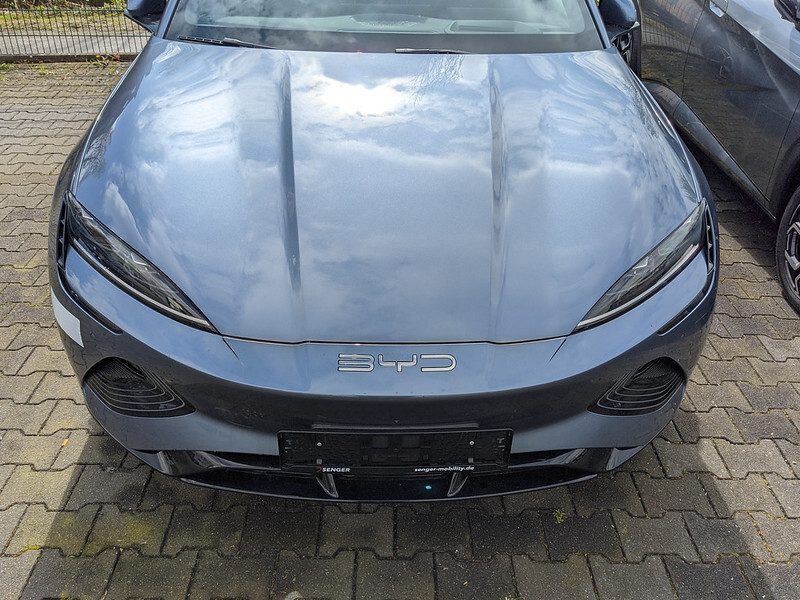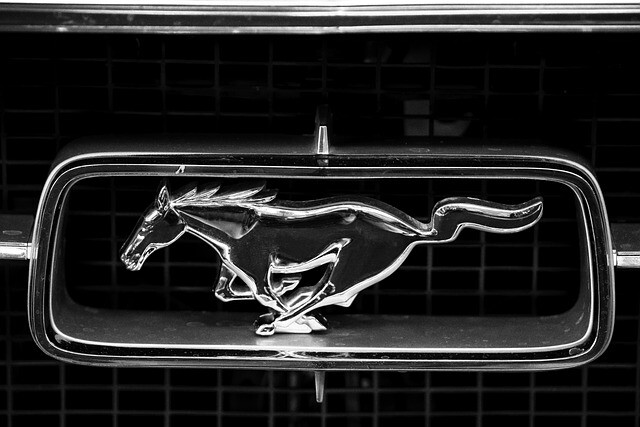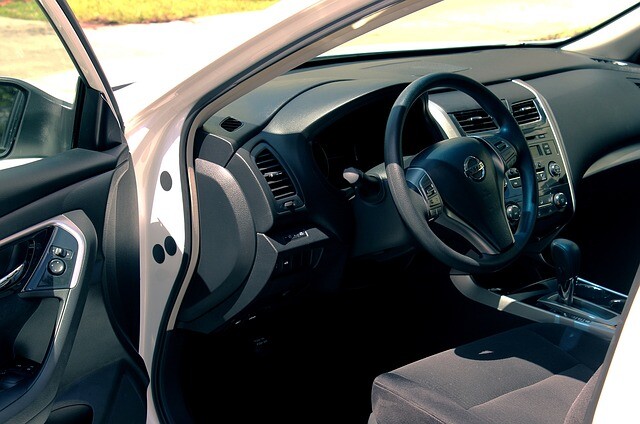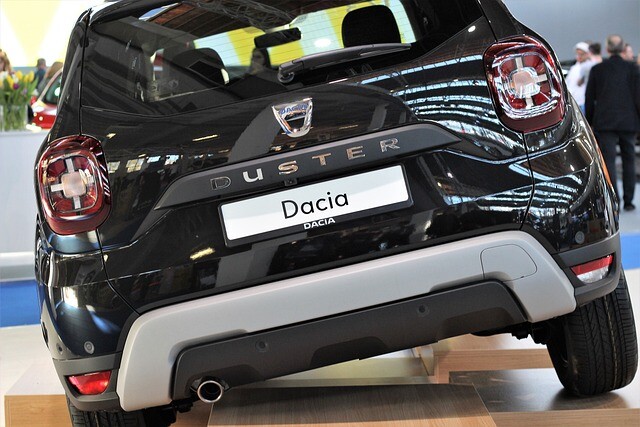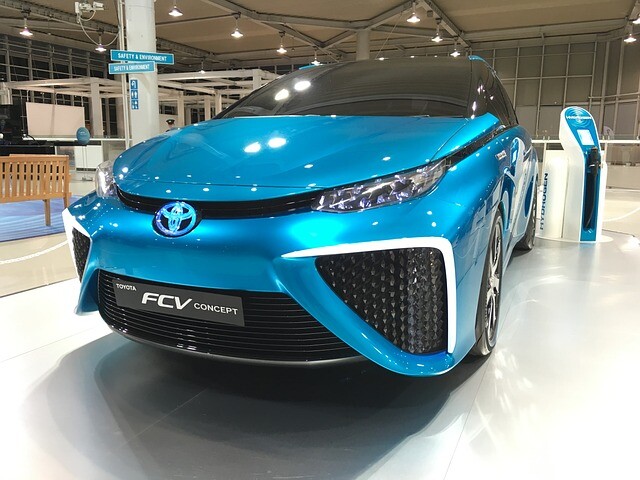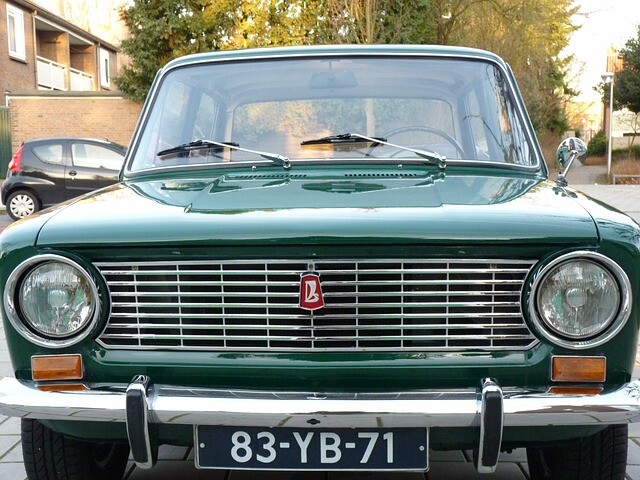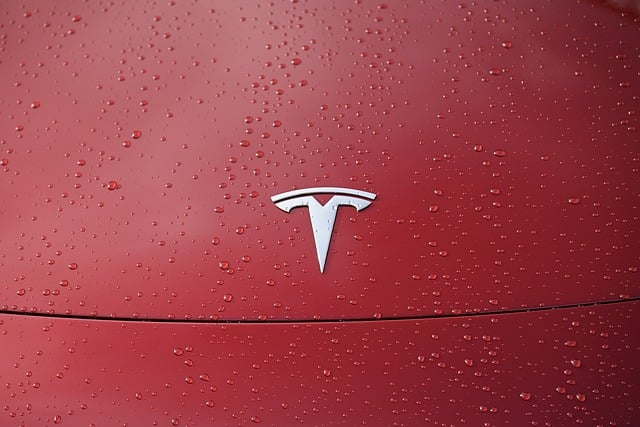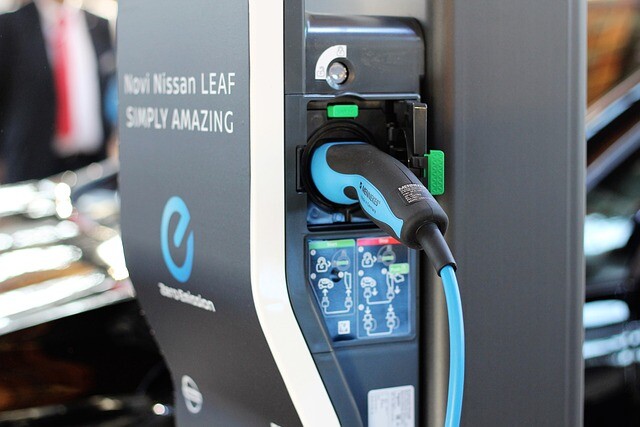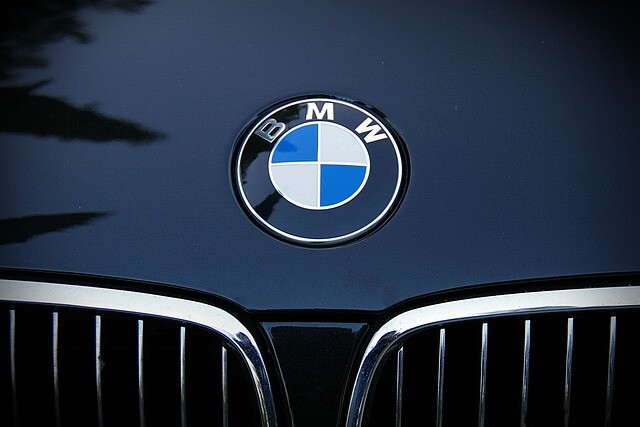The leasing market grew by twenty percent in the second quarter
The amount financed on the leasing market amounted to 420.2 billion in the second quarter, which is a 20 percent increase compared to the same period of the previous year and exceeds the level of 2019, the Hungarian Leasing Association announced in its second quarter report on Monday.

It was highlighted in the announcement: capital outstanding increased by 4 percent compared to the first quarter data, but the volume of new contracts fell to the level of the first year affected by the epidemic, with 36,651 units.
The largest leasing customer is still the SME sector, with a share of 75 percent, followed by the general public and large companies.
The information from the association reveals that the increase is partly due to real estate leasing, which rose to almost 51 billion in the first half of the year compared to 3-5 billion in the first half of the previous year. Behind this is a large, unique project - they indicated.
Another reason for the expansion is that the purchase price of the assets increased significantly: the gross asset value per contract, calculated without real estate, increased by 20 percent compared to 2021, and by 34 percent compared to 2020.
They pointed out: the decline in the amount of loans for retail, i.e. passenger and light commercial vehicle financing, was 4 percent, and the number of units was 21 percent.
In the case of agricultural machinery, the financed amount increased by 8 percent in the first half of the year compared to the same period in 2021, while the volume decreased by nearly 200 units. For new machines, the financed amount increased by 20 percent, while the volume practically stagnated.
For large commercial vehicles, the financed amount increased by 22 percent to 87 billion, the volume increased by 6 percent. In this area as well, the increase in the price of devices is palpable, however, sales also went well - they indicated.
According to the announcement, László Kőszegi, the secretary general of the Hungarian Leasing Association, said that rising interest rates, rising costs and countless other factors have a negative effect on the market. At the same time, there are programs - such as the Széchenyi Lízing MAX - that help the SME sector's borrowing conditions, he noted. He also mentioned that environment-friendly devices that use or even produce renewable energy will come to the fore, and a subsidized Green Leasing framework is also being developed.
(Source: autokalauz.co.hu; MTI | Image: pixabay.com)



